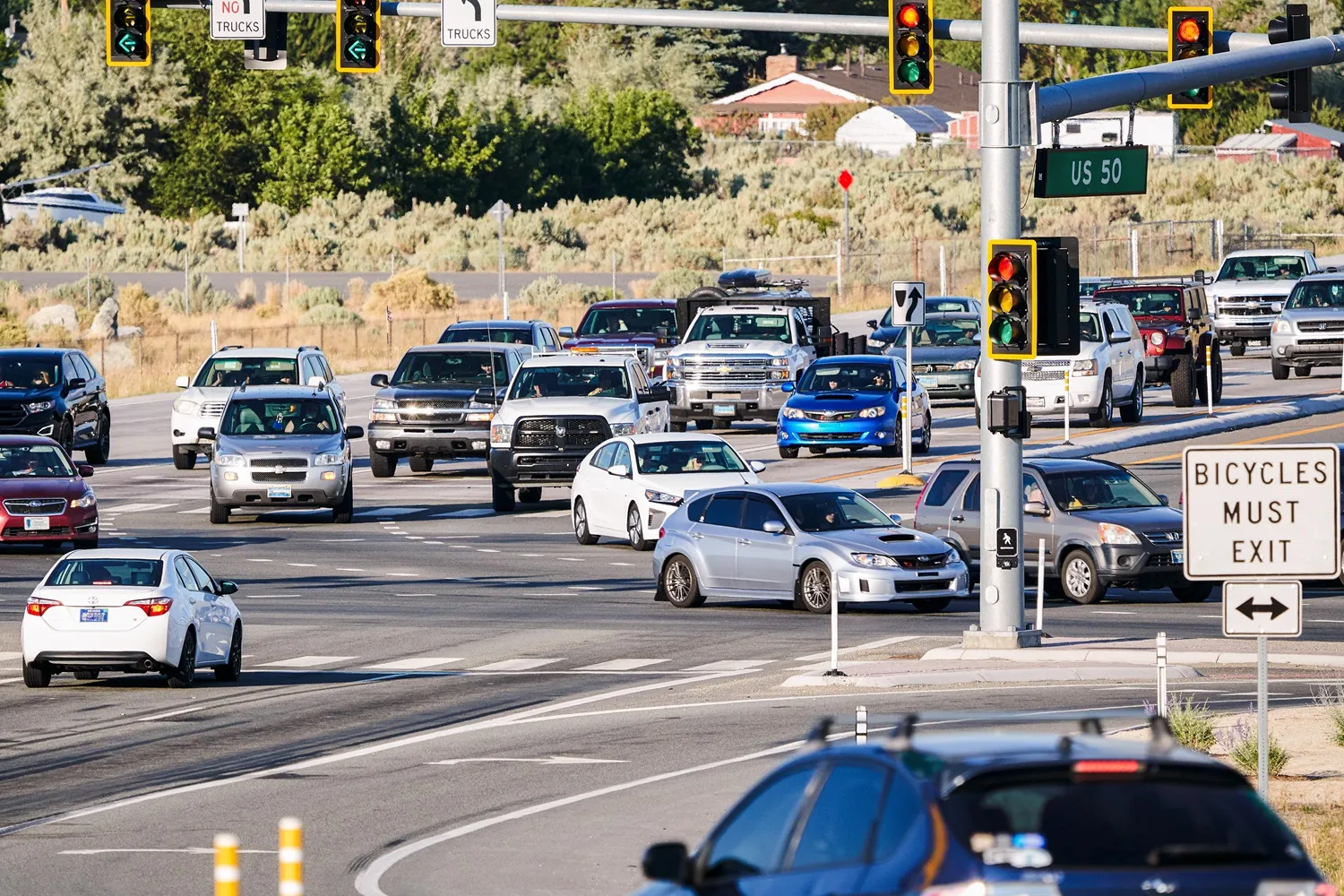A new report from the European Commission funded Transport Research & Innovation Portal (TRIP) gives fresh insight into transport security in Europe – highlighting priority areas for research and policy
According to the report, transport systems have always been subject to illicit acts against passengers, freight, infrastructure and vehicles. Research into policy and the technology to safeguard infrastructure and users is therefore critical to respond to emerging risks, such as cybercrime.
This lat
March 22, 2017
Read time: 2 mins
A new report from the European Commission funded Transport Research & Innovation Portal (TRIP) gives fresh insight into transport security in Europe – highlighting priority areas for research and policy
According to the report, transport systems have always been subject to illicit acts against passengers, freight, infrastructure and vehicles. Research into policy and the technology to safeguard infrastructure and users is therefore critical to respond to emerging risks, such as cybercrime.
This latest theme analysis report from TRIP provides policy makers and researchers with examples of where research in Europe is helping to improve security, reduce casualties and improve the resilience of passenger transport. It focuses on six critical areas of transport security research: threat detection and prevention; crisis management; cyber security, privacy and information and communications technology (ICT) systems; staff security training; cargo security; and passenger security.
The report also identifies important areas and research gaps to focus future efforts. This includes ensuring that developments in ICT are applied to transport security purposes and that effective security concepts are transferred across multiple transport modes. For instance, the report highlights the potential for the development of airport scanning technologies to counter threats and monitor security on board passenger trains.
Gareth Horton, TRIP lead analyst said “From relatively minor criminal damage on the premises of transport providers to major acts of piracy, hijacking and terrorism, enhancing transport security and reducing risk is a perennial objective for the EU. I hope that the new report will help researchers and policy makers learn from best practice and target the research gaps identified, enhancing the security and wellbeing of Europe and its population.”
According to the report, transport systems have always been subject to illicit acts against passengers, freight, infrastructure and vehicles. Research into policy and the technology to safeguard infrastructure and users is therefore critical to respond to emerging risks, such as cybercrime.
This latest theme analysis report from TRIP provides policy makers and researchers with examples of where research in Europe is helping to improve security, reduce casualties and improve the resilience of passenger transport. It focuses on six critical areas of transport security research: threat detection and prevention; crisis management; cyber security, privacy and information and communications technology (ICT) systems; staff security training; cargo security; and passenger security.
The report also identifies important areas and research gaps to focus future efforts. This includes ensuring that developments in ICT are applied to transport security purposes and that effective security concepts are transferred across multiple transport modes. For instance, the report highlights the potential for the development of airport scanning technologies to counter threats and monitor security on board passenger trains.
Gareth Horton, TRIP lead analyst said “From relatively minor criminal damage on the premises of transport providers to major acts of piracy, hijacking and terrorism, enhancing transport security and reducing risk is a perennial objective for the EU. I hope that the new report will help researchers and policy makers learn from best practice and target the research gaps identified, enhancing the security and wellbeing of Europe and its population.”








